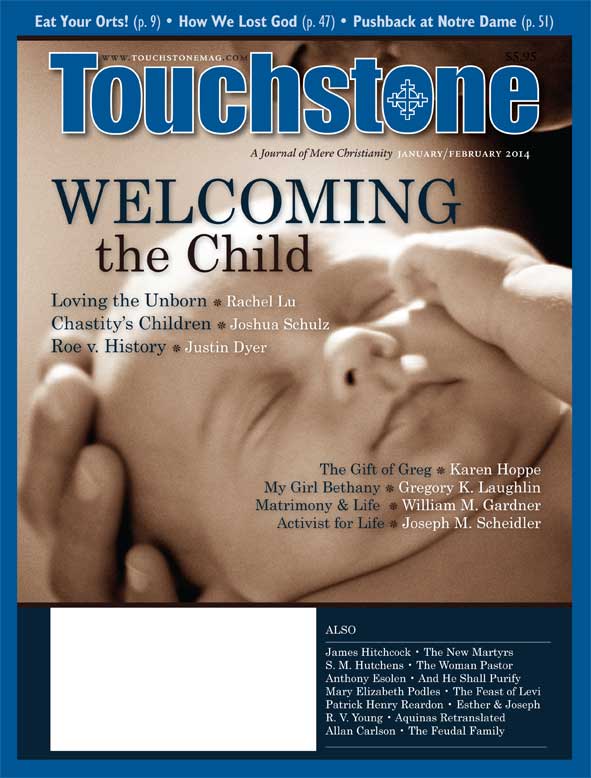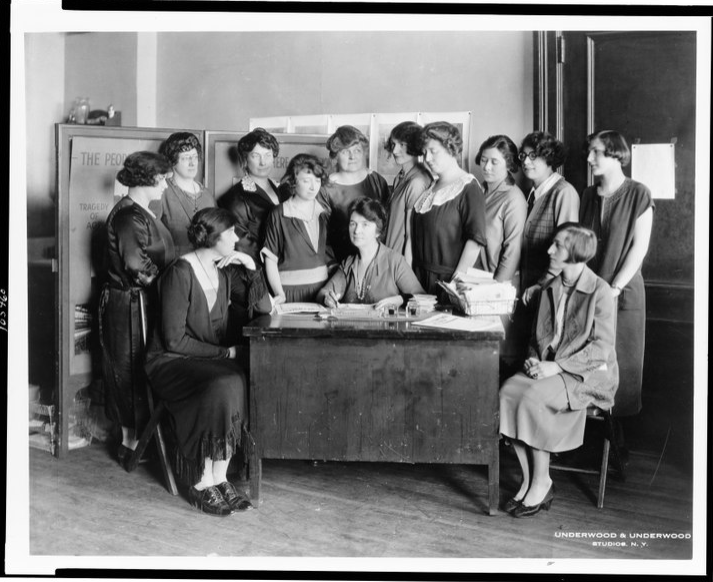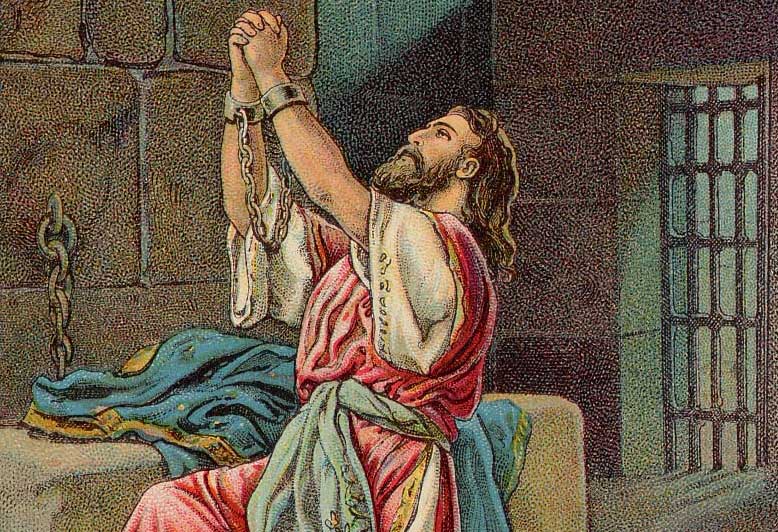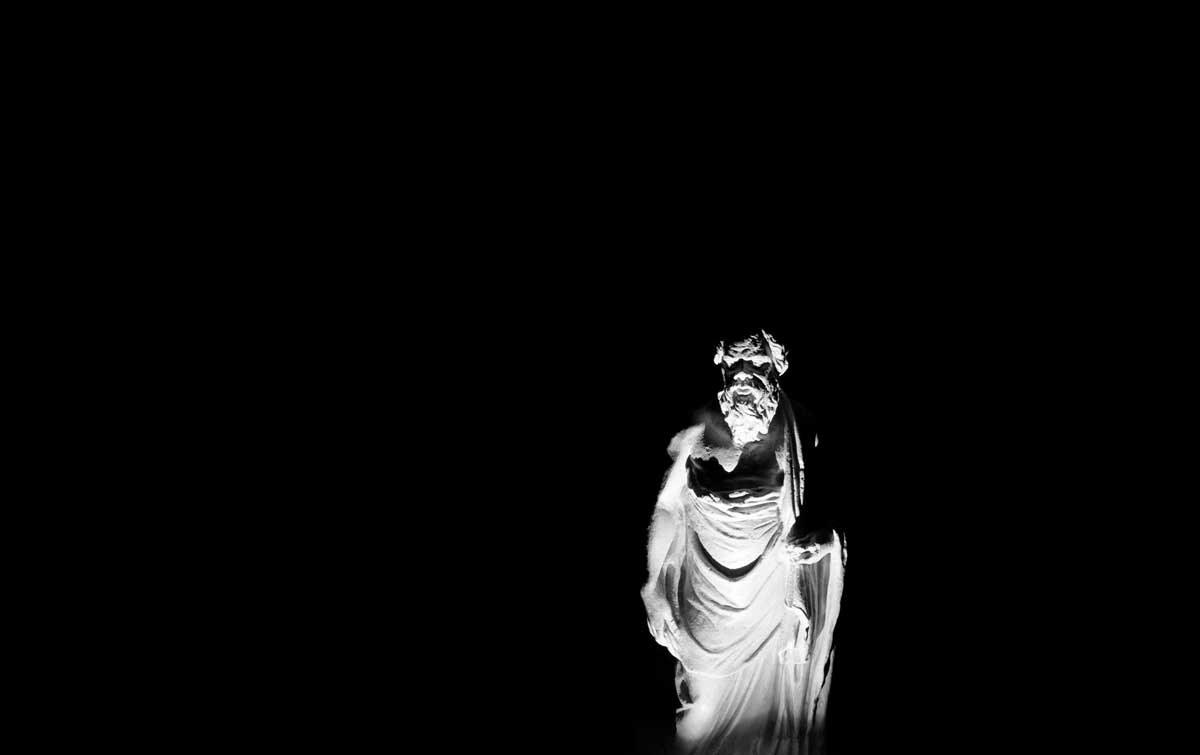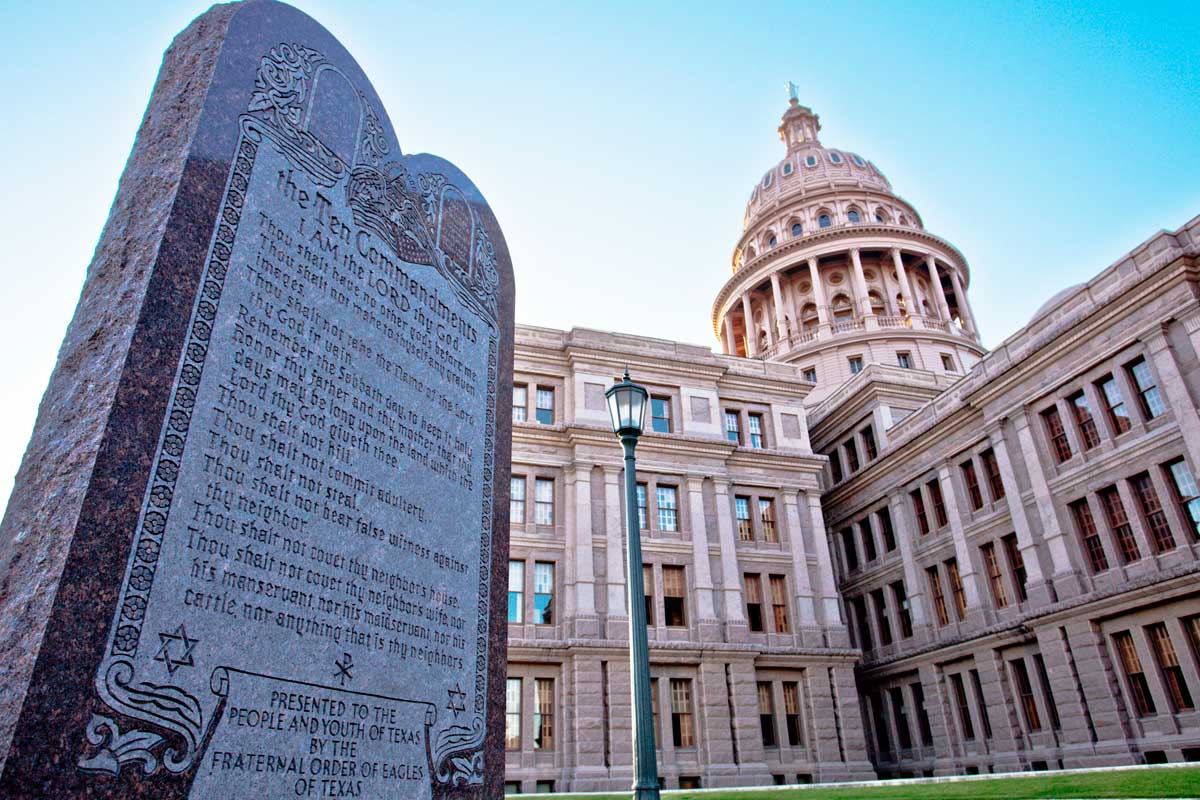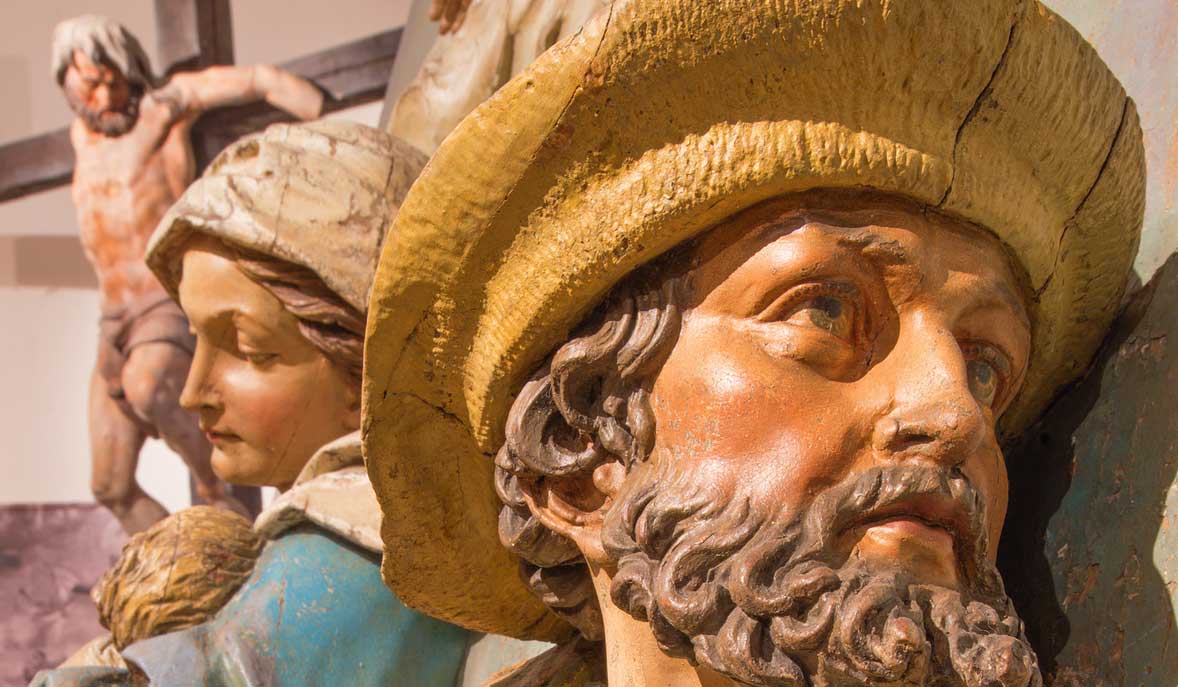Activist for Life
An Interview with Joseph M. Scheidler
Joseph M. Scheidler is National Director of the Pro-Life Action League, a national pro-life educational and activist organization based in Chicago. The league is dedicated to saving lives through activism and to bringing the abortion issue to the public via the media.
Scheidler was the chief defendant in NOW v. Scheidler, an infamous RICO lawsuit brought against him, the league, and other pro-life activists by the National Organization for Women and two abortion clinics in 1986. He originally won in the lower courts, but after a series of appeals and remands, he and the other defendants were found guilty in 1998 of "racketeering" by a six-member jury in federal district court. That finding was eventually overturned by the Supreme Court in February 2003, but NOW appealed to the Seventh Circuit Court of Appeals to overturn the High Court's decision. The Supreme Court heard the case again in November 2005 and issued a unanimous decision in favor of Scheidler in February 2006. Even that was not the end of the matter, for NOW has continued to fight over the details of the final judgment in district court, and the case remains open.
Scheidler has published a book on methods of fighting abortion, CLOSED: 99 Ways to Stop Abortion, and he has produced two videos, Meet the Abortion Providers and Abortion: The Inside Story, featuring former abortionists who are now telling the truth about what goes on in abortion clinics. He and his wife Ann have seven children and eighteen grandchildren.
Touchstone interviewed him in May 2013.
Touchstone (TS): How did you get involved with the pro-life movement?
Joe Scheidler (JS): When I first read Roe v. Wade, I was working as an account executive for a public relations firm in Chicago. The decision was so unbelievably evil in my eyes that I realized that I couldn't let it go—that I couldn't live in a country that would allow the destruction of its posterity. Roe v. Wade was, as Justice Rehnquist said, an exercise of raw judicial power with no precedent in law or morality, and I decided to fight it. In fact, I eventually lost interest in my clients because I became so absorbed by abortion. I moved to part-time at my PR firm and devoted the rest of my time to pro-life work.
TS: What was the first pro-life organization that you worked for?
JS: I started off with my own group called the Chicago Office for Pro-Life Publicity. I believed that if the American people knew the facts about abortion and Roe v. Wade, about the extension to Roe in Doe v. Bolton, which made abortion legal up to the day of birth for any reason, that they would oppose it. I decided that the best way to combat abortion would be to educate people on fetal development, to show them how life begins at conception through descriptions and pictures. I ran ads in newspapers, which cost a fortune. I wrote people at Notre Dame and contacted religious leaders for their support.
By the end of the year, I had learned a lot about what sorts of activities were the most effective and what kind of people were the most helpful. It was then that the Illinois Right to Life Committee asked me to be its executive director. I accepted and stayed with the organization for a couple of years.
TS: How did you come to leave Illinois Right to Life?
JS: Well, I was convinced that things had to be done quickly, so I was very aggressive. I even started a call-in hotline that offered new abortion-related information every single day. But the Illinois Right to Life Committee was afraid that my assertiveness would get them in trouble—that sooner or later, they would get sued. They told me that I was not to picket unless I notified them first and that I couldn't do legislative work without their approval.
The problem is that this is emergency work for the most part. When you hear that someone is in town on a given night that you need to picket or protest, you can't wait for board approval. You have to act. The Illinois Right to Life board didn't understand this, so I left and started a new group called Friends for Life. Unfortunately, I had the same problem with this organization and opted to start yet another one in 1980 called the Pro-life Action League. I am currently the permanent chairman of this group. We have a very small board and get things done much more rapidly.
TS: Tell me about your book, Closed: 99 Ways to Stop Abortion.
JS: Once the Pro-Life Action League was up and running, we began to receive calls from people who wanted to know how to organize and leaflet and what to do at the clinic. I decided to put everything down on paper, the idea being that the methods I outlined could be used all across the country. The book starts out with sidewalk counseling, but it also explains how to meet with the media, how to use signs and graphics, how to start pro-life groups on high-school and college campuses—that sort of thing. It is basically a litany of 99 ways to curtail or stop abortion and ultimately win this battle.
TS: What things in your life helped to prepare you to become such a passionate pro-life advocate?
JS: In my family, a new baby was a big event. I have a younger sister and two younger brothers, and each time my mother was pregnant with one of them, it was an exciting event. The baby was always treated as a gift, so that's part of it. I was also deeply affected by the kidnapping of the Lindbergh baby in the early 1930s. I worried that my little brother and my little sister would likewise be kidnapped. I think this is a definite factor in my need to protect children. Whenever I hear about an accident or a plane crash or a tornado, the first thing I want to know is how many children were injured or killed, and I believe this impulse was enhanced and purified by the Lindbergh incident.
TS: What do you think are the primary reasons for a woman's decision to abort a child?
JS: Essentially, it results from pressure of some kind. A family member or a boyfriend or a spouse insists that it's an acceptable thing to do. "Why ruin your life with a child?" The baby is made to seem like a burden rather than a blessing. Most women are not happy with their decision to abort, but they do it anyway because they're told that it is what they must do. That's where we come in. We try to show mothers the value of their children. We try to reach into the future and show them that, ultimately, they will likewise agree that a baby is a blessing and not a burden.
Of course, the people who run the clinics don't want us to talk to the mothers. They usher the women into the parking lot, saying, "Don't talk to them! Come in! Hurry! Keep your windows up!" What's interesting is that even though we never make contact with 99 percent of the mothers, we know from people who have worked at clinics that our mere presence makes a difference. One former abortion clinic guard told me that sometimes as many as a dozen women would walk out of the clinic without having abortions because we were there.
TS: Talk about your use of images to combat abortion.
JS: The woman is a victim, too, so we don't take an in-your-face approach to counseling, but we do have to make the public face the issue. We're a graphic society. We learn through sight. This is why no social movement can succeed without using images and pictures of the victims. That was how the slave trade came to an end. When abolitionists sought to outlaw slavery, they would show photographs of all the scourgings and beatings. The same is true of the civil rights movement and the passage of the child labor laws. These were all practices that had to be reconciled with the value that we placed on people, which is why you had to show the suffering of the victims.
We get a lot of complaints about the images we use. Many people don't understand what we're trying to do when we show pictures of babies after abortion. I agree that they're awful pictures—they're terrible—but they also depict the law of the land. We are told that abortion is a right, and the only way to counter that assertion is to reveal what that right entails.
TS: Speaking as a Roman Catholic, what do you think the Church could do to be more effective in its support of the unborn?
JS: The Catholic Church certainly stands in the right position, in that abortion is still considered a very serious sin. In fact, it's in the category of the excommunicable sins that remove a person from participating in the sacraments. The Catholic Church also does a good job of having compassion on a mother both before and after an abortion has taken place. That said, such compassion—this willingness to forgive—tends to dodge the real injustice of abortion. The Church knows that abortion is wrong and it preaches it, but perhaps not enough.
TS: How so?
JS: Let me give you an example. My cousin used to be a priest on the campus of Purdue University, and while there he learned that women in the congregation were having abortions. He was concerned about the problem, but because he didn't want to dredge up more guilt and recrimination, he decided not to address it. Later, after he had left Purdue, I was asked to come to his church to talk about abortion, and my cousin didn't want me to do it because he was afraid that people would walk out. Too often this is the case in the Church. Many Catholics are very cautious about going all out to educate the public.
Now I don't want to complain too much because we get so much support from the Church. We work through the Church and with the Church, and we are the Church.
TS: What do you mean that you are the Church?
JS: One time I went to a dedication of a new home of the Missionary Sisters of Charity on the southwest side of Chicago. Cardinal George was in attendance, and someone wanted to take a picture of the two of us together. "He doesn't want to take a picture with me," I said. "I'm too radical." Later, I approached him while he was talking with a woman who was trying to get him to do something for her—you know, people are always placing their burdens on him—and he said (pointing to me), "Why don't you try to do some of these things yourself, like this guy does?" What he meant was that we are the Church, too. We don't always have to wait on a bishop to do things for us. I call some of our bishops "closet activists." They have to keep their images pure, but they also care. So many of our bishops today exhibit strong pro-life leadership. It's not as bad as it used to be.
TS: Do you think your work has made a difference?
JS: Well, you never really know what good you have done until many, many years after you are dead, but there are indications. People have shown interest in what we are doing and picked up some of our programs. They're doing undercover work at Planned Parenthood to find out what abortionists are telling women, which I recommend in my book. Sidewalk counseling began before us, but I think we expanded it. We've worked with youth groups on college campuses and other pro-life groups, and I like to think that much of what we've taught has been picked up.
The key to this is to make the work look sort of fun. I even have a chapter in my book titled "Have Fun." Enjoy what you do. After you have been out all evening putting up posters in front of abortion clinics, try to spend some time together. We once had a group called the Dirty Dozen. We would go downtown and plaster the entire Loop with posters and then go get hamburgers together. You celebrate trying to save lives.
TS: Has what you have achieved been worth the effort?
JS: If I have saved only one person the last 40 years, it has been worth it. Regardless, the work still needed to be done. I tried doing other things. I wanted to be a priest and a monk, but apparently that wasn't my calling. When a fireman saves someone from a fire, it verifies his vocation. We have enough evidence now that we have saved some lives and changed minds that I believe this is what I was meant to do. There are people alive today who wouldn't be had we not explained to pro-life advocates that they must do whatever it takes to save lives. Because of our efforts, the late Henry Hyde and other such public officials really went to bat for the unborn. People such as Chris Smith, the U.S. Representative for New Jersey's fourth congressional district, continue to be committed activists who are working in the legislative branch to change the law. These are all good things, and many of them have resulted from the education that we have provided.
TS: Do you think that Roe v. Wade will be overturned in the near future?
JS: As Justice Sandra Day O'Connor put it, the decision is on a collision course with itself. It is so bad in every way. It contains bad English; it's bad law; and it cuts from whole cloth. It's a terrible decision, and it has to fall. It will fall. But when it does, it won't necessarily be an indication that our country is now back in all respects. We will never really win until Judgment Day. You are not going to outlaw sin. People are going to keep having abortions, and they're going to keep fornicating. The U.S. will not suddenly become a nation of monks and nuns. We are bad. We are fallen. We will have to continue saving who we can. Roe v. Wade will eventually be overturned, but that does not mean that our goals will have been totally accomplished.
TS: In what specific ways is Roe v. Wade a bad decision?
JS: The justices split up human life before birth into three parts so that one of the trimesters could serve as an escape hatch, which it does not. Just look at the footnotes. They say that you can have an abortion for any health reason up to the day of birth. Most people don't know this. They think that it has to take place within the first six months. No. Read the footnotes in Doe v. Bolton. They state that an abortion can take place for "any reason of health." And what is health? Anything! You're afraid that a new baby will mess up your white rug? That is a sufficient reason to abort, in that the child might stress you out. The baby might upset you emotionally. All you need is a doctor's authorization—and money. It's all about the money. These abortion clinics are unsanitary; they don't follow any health rules; and they don't get inspected. And yet they are approved by the Constitution. It's a dirty business.
TS: What advice do you give to young people who want to join you in your activism?
JS: First of all, form a group. Find other people. You can't do this alone. You need companions—people who believe the way you do. If I were young, I would join a group such as The Crusaders or Students for Life, an organization with a real goal, a real purpose—someplace where you can actually accomplish great things. Saving lives is just about the best thing that you can do with your time—that and teaching values. So many people today don't have any sense of values at all. They just go with the flow. Unmarried couples live together; schools teach the use of contraceptives; and there's this whole homosexual scene where
anything goes.
I grew up in an entirely different culture. I went to a public high school, and it might as well have been a convent. The people were churched. The language was cleaner. Things that we accept now would have given our grandmothers a heart attack or a stroke.
TS: Does this make you pessimistic about the next generation of young people?
JS: Not necessarily. Many of these kids will find their way. The path has been prepared for them, and there are lots of pro-life organizations now that have junior divisions. There is just so much information out there. Even those who are not currently active in their faith, who have acceded to the dominant culture, can find their way back.
Take my oldest son Eric. I didn't know it at the time, but I guess I was a harsh father, and Eric was a very intelligent and intense person who did not respond well to me. Eventually, he left the Church, and we got into all sorts of arguments because of it. But then I ran into a woman who had a daughter very much like Eric, and she told me to leave my son alone and he would eventually come back to the faith. "What you have to do," she said, "is stay his friend and avoid the topic of religion. Someone else will talk to him about church." I took her advice, and my son and I became close friends again. Eric eventually ran into an old classmate who had become a strong practicing Catholic, and he was struck anew by the truth of the Church's teachings—especially when it comes to contraception and abortion. Today he is a staunch advocate of natural family planning and pretty much runs the Pro-Life Action League.
So there's hope—hope for our kids and hope for the future of the pro-life movement—and this is good news for the unborn. •
James M. Kushiner is the Director of Publications for The Fellowship of St. James and the former Executive Editor of Touchstone.
subscription options
Order
Print/Online Subscription

Get six issues (one year) of Touchstone PLUS full online access including pdf downloads for only $39.95. That's only $3.34 per month!
Order
Online Only
Subscription

Get a one-year full-access subscription to the Touchstone online archives for only $19.95. That's only $1.66 per month!
bulk subscriptions
Order Touchstone subscriptions in bulk and save $10 per sub! Each subscription includes 6 issues of Touchstone plus full online access to touchstonemag.com—including archives, videos, and pdf downloads of recent issues for only $29.95 each! Great for churches or study groups.
Transactions will be processed on a secure server.
more on Abortion from the online archives
more from the online archives
calling all readers
Please Donate
"There are magazines worth reading but few worth saving . . . Touchstone is just such a magazine."
—Alice von Hildebrand
"Here we do not concede one square millimeter of territory to falsehood, folly, contemporary sentimentality, or fashion. We speak the truth, and let God be our judge. . . . Touchstone is the one committedly Christian conservative journal."
—Anthony Esolen, Touchstone senior editor





